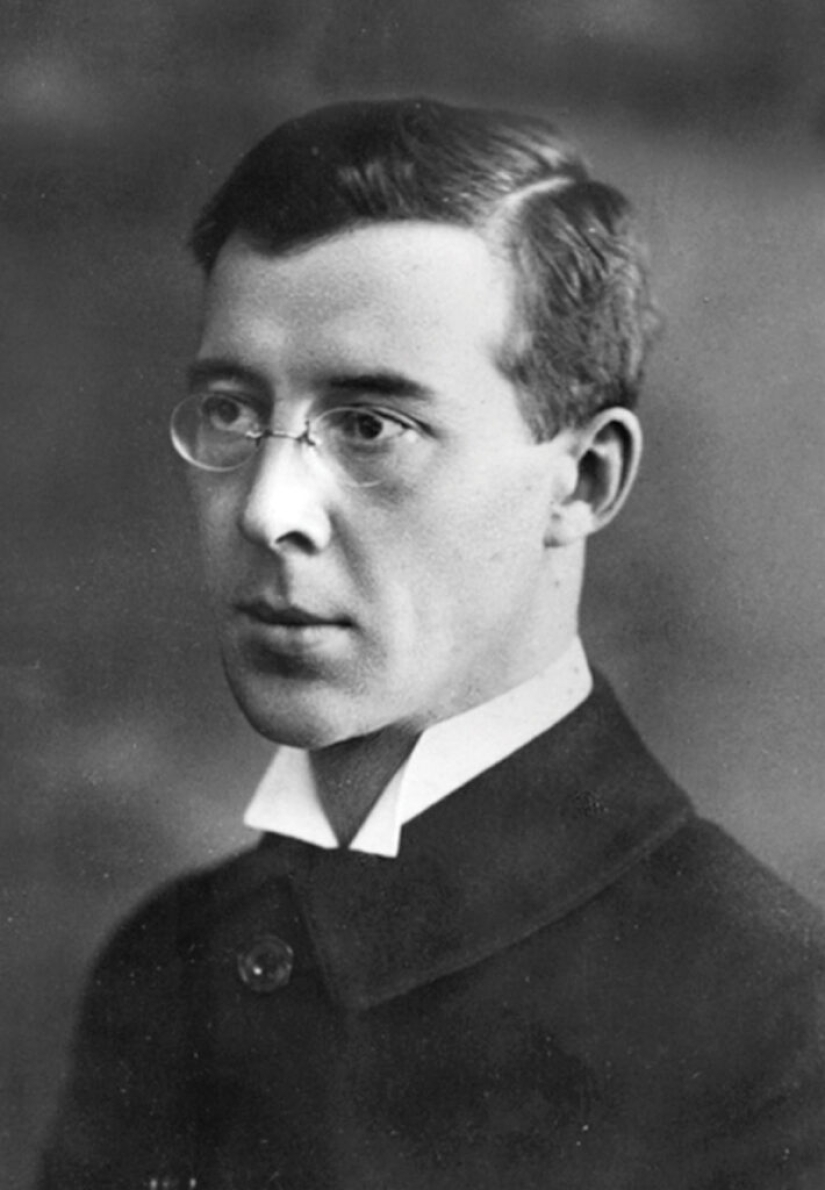Why the worst succeed, or How the law of negative selection works
Categories: Society
By Pictolic https://pictolic.com/article/why-the-worst-succeed-or-how-the-law-of-negative-selection-works.htmlWe are often surprised that senior positions are occupied by people who are least worthy of it. Having neither intelligence, nor good manners, nor other positive qualities, they easily make their way "up", forming an elite. While those who consist of the same virtues, go to their subordinates. What is the reason for this pattern?

Psychology knows the answer to the question why the best places in this life do not go to the best people. Sigmund Freud wrote that the desire to rule is one of the types of neurotic insanity that comes from a sense of helplessness and fear of the outside world. A domineering person needs a victim who is ready to endure bullying, together with whom he forms a kind of sadomasochistic couple.

Another famous psychologist, Alfred Adler, argued that the desire for power is based on such a pathological phenomenon as an inferiority complex. A person's psyche can be traumatized, for example, by humiliations. In this case, the overcompensation mechanism begins to work, compulsively demanding superiority over others. Another classic of psychology, Erich Fromm, wrote about the thirst for power as follows:
Darwin's discovery of natural selection works not only in nature, but also in human society. There is exactly the same goal — to survive at any cost. In this case, all moral aspects are relegated to the background or even turn into rudiments. The process of such selection among people is called "negative selection". This term was proposed by the Russian and American sociologist Pitirim Sorokin in the middle of the 20th century.

According to Sorokin, the destruction of the personality of power-hungry people is due to the loss of "sensual culture". In one of his books , the scientist wrote:
Is it possible to resist such degradation, which can occur rapidly? Yes, but for this a person must have moral principles and firm convictions. But in the absence of these qualities, there is nothing to keep him from neglecting the interests of others. Only lust and desires remain.

Sorokin considered negative selection as a type of degradation. But sociologists of the 21st century look at the problem differently. They believe that this is rather an artificially conducted personnel policy. It was once developed and tested by the special services, and with its help agents were caught "on the hook". They were offered compromising material and then received a wide scope for all kinds of manipulations.
In politics or business, instead of an agent, an official or an entrepreneur with a criminal past is substituted. They are controlled with the help of compromising material, and professionalism and moral qualities are not considered at all. At the same time, it turns out that the leader ceases to be the conductor of his interests and turns into a hostage of the system that put him forward. Pitirim Sorokin wrote:

Sorokin believes that these conditions are ideal for the emergence of dictators. These people, faced with the choice of losing power or violating moral principles, do not hesitate to choose the latter. "The end justifies the means" is the slogan of any totalitarian regime. Friedrich Hayek, the Nobel laureate in economics, thinks so. The scientist identifies three important criteria necessary for the realization of the dictator:

It is worth noting that there can be no good leaders for people who dislike the authorities. It would be as absurd as if a person who despises sports became a fitness instructor. Kind, conscientious people also always have a hard time in high positions.
Recent articles

It's high time to admit that this whole hipster idea has gone too far. The concept has become so popular that even restaurants have ...

There is a perception that people only use 10% of their brain potential. But the heroes of our review, apparently, found a way to ...

New Year's is a time to surprise and delight loved ones not only with gifts but also with a unique presentation of the holiday ...